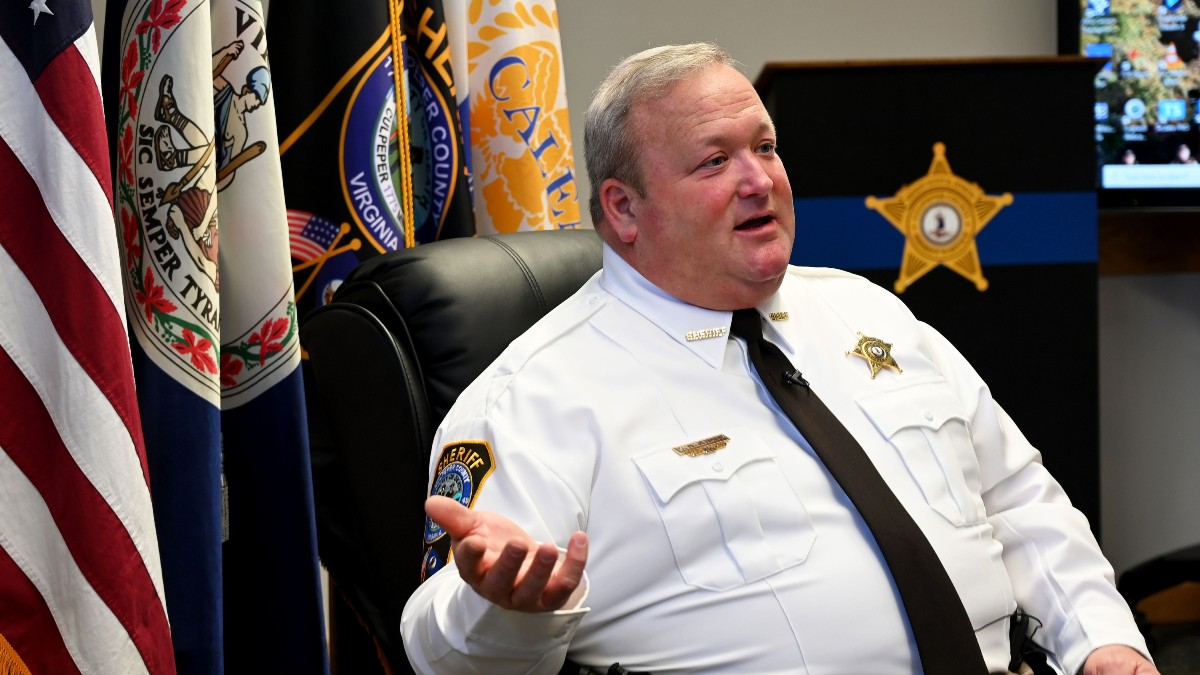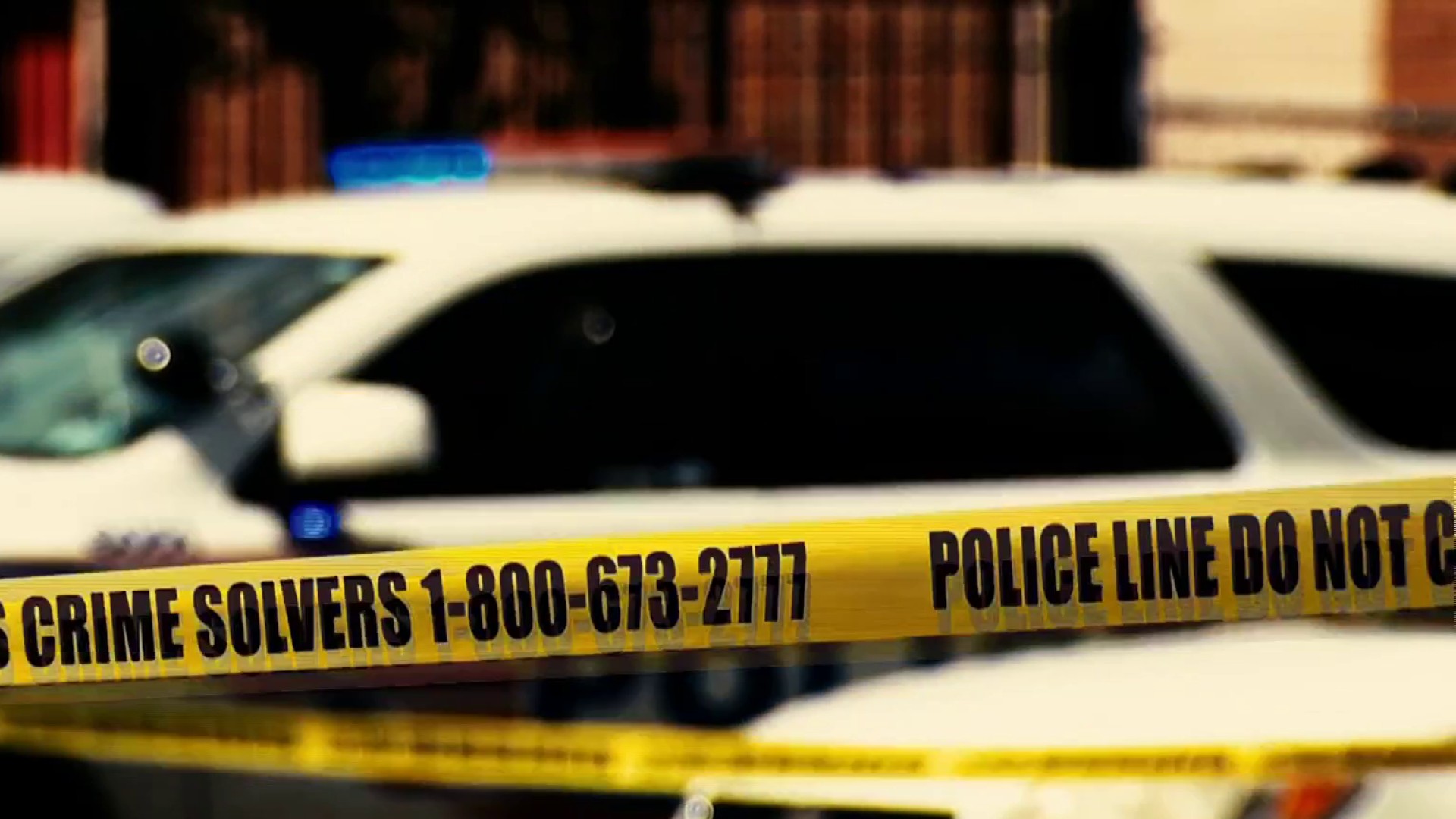In a city dedicated to honoring those who served, there's a long black wall. It displays the names of fallen men and women who fought with Tom Mahany in the Vietnam War.
As Mahany traced the names craved into the stone, he said, "It's like a shadow that follows you around."
For this former soldier, there are thousands of names missing: Those of men who committed suicide long after their military careers ended. Men like his brother-in-law.
"He put the rifle in his mouth,” Mahany explained. “That's how my sister found him. That’s twenty years after he got back."
Mahany said even though they were both veterans from the same war, they never talked about Vietnam. Never spoke about suicide or "shellshock," what we now call Post Traumatic Stress Disorder, or PTSD.
"There was no diagnosis then,” Mahany said. “There wasn't any such thing as PTSD in Vietnam. There was no treatment from the V.A."
Investigations
Investigations by the News4 I-Team
Janet Kemp is the Director of Suicide Prevention at the Department of Veterans Affairs. “The group we are very concerned about are our Vietnam-era veterans," she told the News 4 I-Team.
She said even though more attention is being focused on the mental health of the men and women returning from conflicts in Iraq and Afghanistan, Vietnam vets are actually at a higher risk for taking their own lives. "They're approaching that part of their life where losses are more prevalent, they are maybe retiring or losing their jobs and may be losing their spouses and friends. It's a tough time.”
Kemp said when you look at suicide numbers overall, men over 59 are already the most at risk.
Combine that with the remnants of a long ago war, untreated PTSD, and the fact these men were trained to kill the enemy and Retired Colonel Kenny Allred said, "Well, we're a warrior or a retired warrior or a former warrior. We know how to kill. And if we become the enemy, then we know how to take our own lives."
After 30 years with the Army, Col. Allred has spent his retirement working with the National Alliance on Mental Issues, or NAMI, trying to find a way to prevent older vets from committing suicide. "If you went in and tried to talk with them about mental health issues, no one would want to talk with you at all. No one. Because it would somehow contaminate this tough-guy macho thing."
Col. Allred recently testified before a Senate panel that multiple studies show more than 80 percent of Vietnam vets don't seek help from their local V.A. "They're the patriarch of the family, they're the authority figure. So you've got to be careful how you handle them."
He's trying to get the word out that it's OK to ask for help -- and to look at VA services as something they earned.
Mahany created his own organization called "Honor for All" to help out other vets and to push the Department of Defense to create an award similar to the Purple Heart for what he calls "the invisible wounds of war."
They both pointed out there are now more Vietnam Vets who have taken their own lives than the 58,000 who died during the Vietnam War.
As he looked at the wall, Mahany said, "There isn't room on that wall for everybody added after the fact. They would have to build one twice that size."



